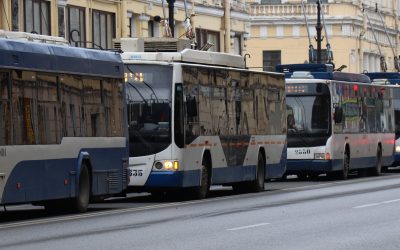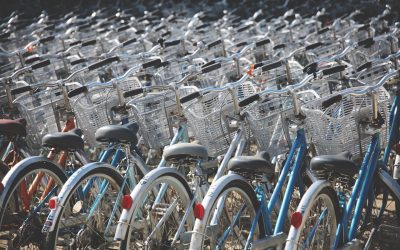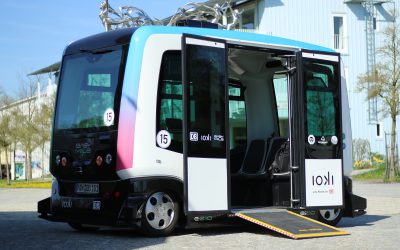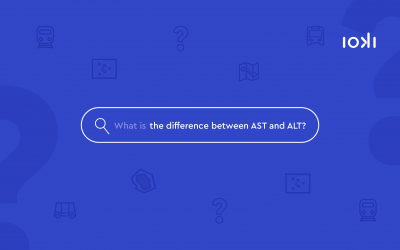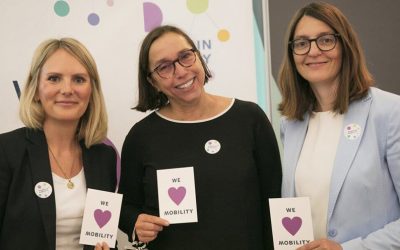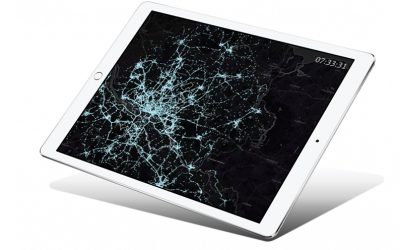Owning a private car has long since ceased to be the norm in cities. With good public transport connections, new forms of mobility such as e-scooters or ride hailing services such as Uber and Co., you can get from A to B flexibly, comfortably and quickly even without a car.
Free public transport – Our neighbours show the way
The idea of establishing free public transport is currently on everyone’s lips. But is this THE solution? Luxembourg, our neighbouring country and hardly bigger than Saarland, is leading the way and with its 600,000 inhabitants it is the first country in the world to introduce free local public transport. What do people hope to gain from the experiment?
Bye car, hello traffic turnaround!
The hours of motorised individual transport seem to be numbered – at least in the metropolises of this world! The recently published study “Mobility Futures” by the Kantar market research institute shows that by 2030 the proportion of car drivers in cities will fall from current 51% to 46%.
Ideas for more mobility in the countryside
Around 16 million people (as of November 2018) live in rural regions throughout Germany and it is still not easy for them to get from A to B. Without an own car, they often do not get far. This is because bus and train connections and the associated timetables are often not designed as needed and are not flexible.
Autonomous driving – a brief stocktaking
Anyone who thought of the year 2020 20 years ago probably had in mind, autonomous cars that would be romping all around on the streets. Today’s reality, however, teaches us otherwise and proves that the situation is much better: Although we are continuously on the right track, there is still no question of autonomous vehicles dominating the road traffic.
What is … the difference between AST and ALT?
The abbreviation AST in German means “Anruf-Sammel-Taxi”, in English “call-collective-taxi” and ALT means “Anruf-Linien-Taxi” – call-line-taxi. Both are demand-oriented special forms of public transport in urban, local or even regional traffic. With a small number of passengers, a large bus in regular service is uneconomical. That’s why there are the AST and ALT services – they are only in operation there is need and demand – “on-demand” in a manner of speaking.
Does Generation Z even still have a driver’s license?
In times of Netflix, Spotify and Co. almost everything is shared instead of owned. It’s not surprising that this trend is not only changing our consumer behaviour but can also influence our mobility habits. Current developments show that, despite the possibility of accompanied driving from the age of 17, young people get their driving license later: In 2012, 4.6 million car driving licences were still being issued, compared with over ten percent fewer in 2017.
What is… Accessibility?
The internet has created a digital space of almost unlimited possibilities. Needless to say that this space and all its output should be accessible to everyone, right?
Moin, moin! ioki Hamburg wins the German Mobility Award
On the last metres 2019 spoils us once again with a very special sense of achievement! With ioki Hamburg, yesterday we officially won the German Mobility Award given by the Federal Initiative “Land der Ideen” and the Federal Ministry of Transport and Digital Infrastructure (BMVI).
“Stadt in Bewegung” study on the mobility of the future
Next stop: Future. Under this premise, the “Stadt in Bewegung” initiative, which is broadly based with Signify, Cisco Meraki, DB Regio Bus, ioki, Cleverciti and avodaq, is working on tailor-made solutions for tomorrow’s cities and municipalities.
Perspectives from the initiators of Women in Mobility
“Whether decision-maker or doctoral student, leader or founder, scientist, student or employee – Women in Mobility offer women from companies and start-ups, organisations and associations, from the media and politics a platform for networking, joint projects, cooperation and exchange.”
Why a mobility analysis makes sense
Changes often fail because of a fundamental question: Where do I start? The turnaround in mobility is also currently facing precisely this challenge. The question “When does which solution make sense where?” marks inevitably the beginning of every change process, but unfortunately it is also a direct deterrent due to its complexity.
Newest article
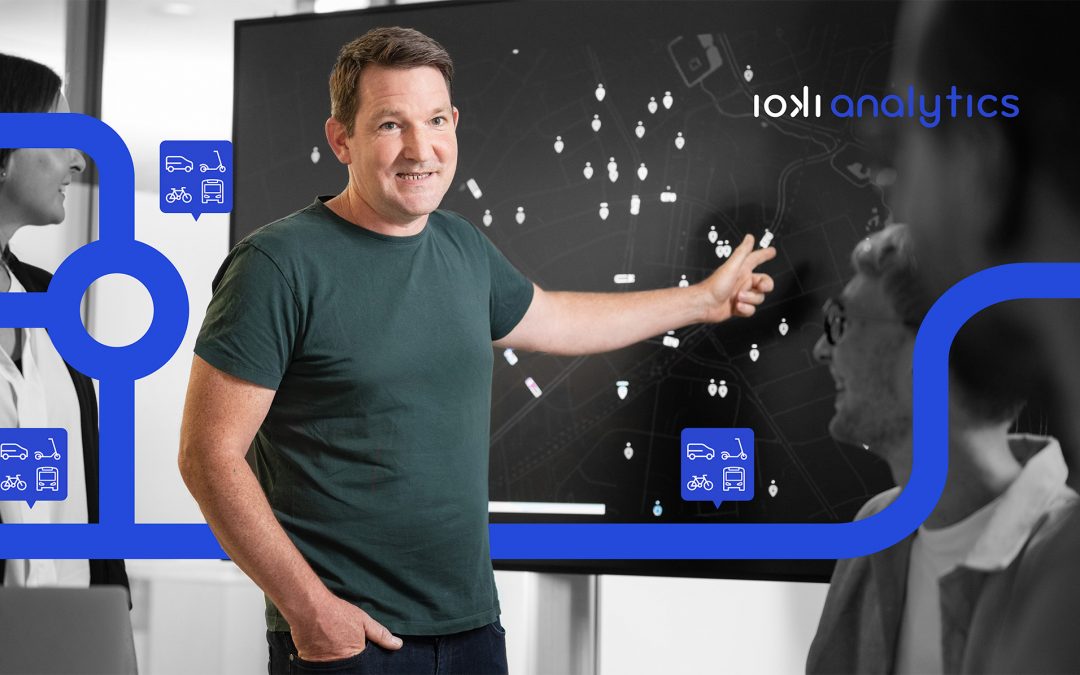
Connected mobility through mobility hubs: Stuttgart’s vision for the future
“How can we holistically shape the future of mobility in Stuttgart?” The state capital Stuttgart is addressing this question by planning an interconnected network of mobility hubs. The goal is to drive forward the mobility transition, contribute to climate protection, and improve the quality of life for residents.


